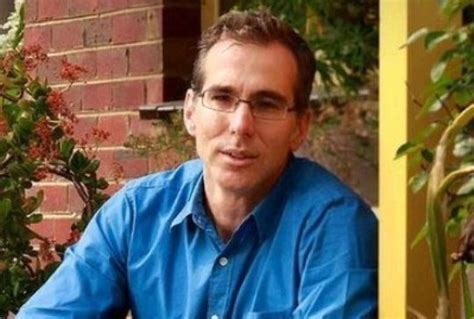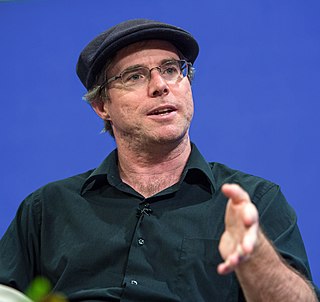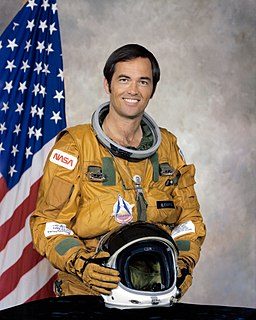A Quote by Immanuel Kant
The light dove, cleaving the air in her free flight, and feeling its resistance, might imagine that its flight would be still easier in empty space.
Related Quotes
The light dove, in free flight cutting through the air the resistance of which it feels, could get the idea that it could do even better in airless space. Likewise, Plato abandoned the world of the senses because it posed so many hindrances for the understanding, and dared to go beyond it on the wings of the ideas, in the empty space of pure understanding.
Everyone who's been in space would, I'm sure, welcome the opportunity for a return to the exhilarating experiences there. For me, a flight in a shuttle, though most satisfying, would be anticlimactic after my flight to the moon. Plus, if I pursued a flight myself, people would think that was the reason I am trying to generate interest in public spaceflight. And that's not the purpose - I want to generate interest in long-range space exploration.
Exercise is very important, first of all if you think about it, especially in a long flight like a six month space flight and on the ISS. If you didn't exercise and used the analogy on earth, it would be like laying in bed. So, just imagine laying in bed for several months, and even just trying to get up and walk, you probably wouldn't be able to. But if you got up and you exercised two hours a day, you'd probably be okay, and that's the same in space.
Recycling, cutting back on driving, and changing out old light bulbs for energy-efficient ones might save half a ton of carbon a year. A household going car-free, flight-free, and vegan - changes impractical, if not outright impossible, for many families to make - might reduce emissions by four tons a year.
The Americans are still the leaders in human space flight. I feel we have a danger here of kind of stagnating. We're kind of resting on our laurels and there's a danger going forward if we don't take bold steps to really support human space flight in this country that we could fall behind. After the space shuttle is retired, we're going to have a big gap, five to seven years, at least where we're not going to have the ability to send our own astronauts into space, we'll have to buy rides on the Russian Soyuz, and so that will be a pretty big step down for us.
There's a huge amount of pressure on every astronaut, because when you get right down to it, the experiments that are conducted on a space flight, or the satellites that are carried up, the work that's to be done, is important and expensive work, and you are up there for a week or two on a Space Shuttle flight. The country has invested a lot of money in you and your training, and the Space Shuttle and everything that's in it, and you have to do things correctly. You can't make a mistake during that week or two that you're in space.
The difficulty lay with the mind accommodating itself to the notion of the plane, with all its weight, defying gravity, staying aloft. She understood the aerodynamics of flight, could comprehend the laws of physics that made flight possible, but her heart, at the moment, would have none of it. Her heart knew the plane could fall out of the sky.






































